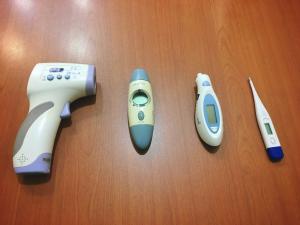You are here
- Home
- New approaches to learning and regulation in medical devices and diagnostics
New approaches to learning and regulation in medical devices and diagnostics
Smita Srinivas and Dinar Kale
March 2021

This paper offers a first step to analyzing sub-sector variation in the learning of firms, and the types of leads or lag in industrial regulation in the Indian health industry, one of the world’s largest suppliers across countries in critical generics, vaccines, and diagnostics. Sub-sector variation in an industry’s learning and regulation trajectory has received relatively little attention in economic development literature and has important consequences for the design of the industrial policy. The paper appeals to evolutionary and institutional (E-I) approaches in economics, which have made significant contributions in improving the understanding of how firms learn. Our argument rests on institutional cohesion and the difficulty of transferring complexity of learning in a sub-sector to generic industrial regulations. The paper applies a qualitative heuristic focused on co-evolving institutional domains. Also included are brief composites from interviews with diagnostics firms, as well as analysis of types of learning and regulatory lags. The paper finds that although firms continue to learn and innovate, persistent regulatory challenges to firms are generated by the misapplication of industrial policies to diagnostics and devices intended for pharmaceuticals and vaccines. Our findings suggest future research is needed on value priorities for policy design, use, and regulation of diagnostics and devices in healthcare.
Contact us
To find out more about our work, or to discuss a potential project, please contact:
International Development Research Office
Faculty of Arts and Social Sciences
The Open University
Walton Hall
Milton Keynes
MK7 6AA
United Kingdom
T: +44 (0)1908 858502
E: international-development-research@open.ac.uk
.jpg)